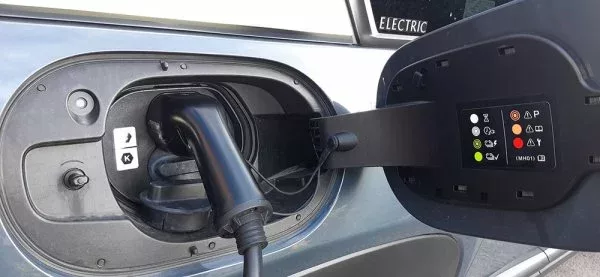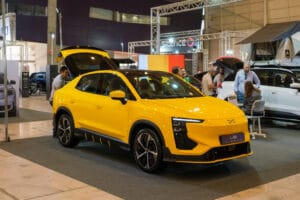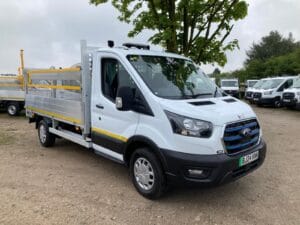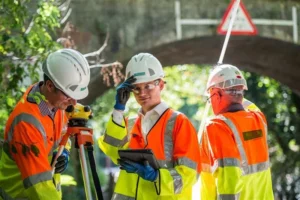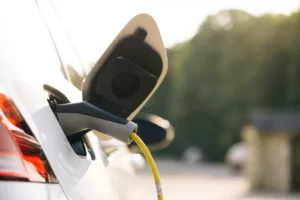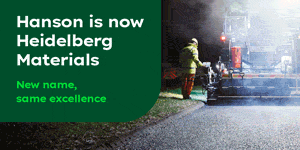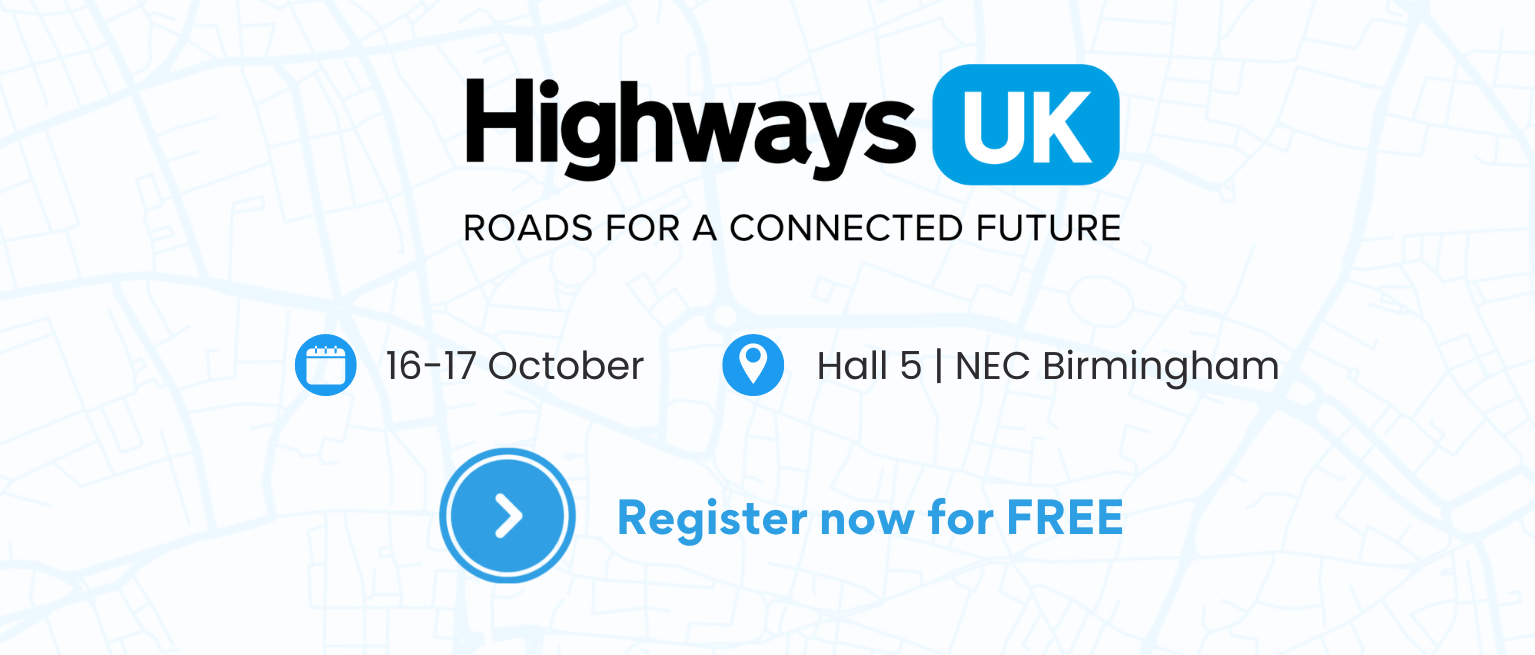Work is under way in North Yorkshire to transform travel across the county and reach an ambitious target to slash harmful carbon dioxide emissions to help tackle climate change within the next eight years.
Action plans are being developed to enhance the network of public electric vehicle charging points, support public transport in making the move to electric vehicles and investigate how more council vehicles can make the switch.
This means addressing challenges, some of which are specific to North Yorkshire, including the deeply rural nature of parts of the county, the level of grid connection and capacity available and the high number of residents who rely on on-street parking.
Members of our transport, economy and environment overview and scrutiny committee will hear an update on work that is progressing towards low and zero-carbon emission transport when they meet on Thursday, 20 October.
Executive member for climate change at North Yorkshire Council, Cllr Greg White, said: “We are committed to carbon neutrality, setting ourselves the target of achieving this by as close as possible to 2030. In July, we declared a climate emergency. This followed years of work to cut our carbon footprint, resulting in a significant reduction across the authority of 55 per cent since 2015. We are working to continue this reduction to meet our 2030 ambition.”
We are focusing on improvements in public electric charging infrastructure, the development of public transport and the conversion of our own fleet to electric vehicles. We expect to consult the public on a draft electric vehicle infrastructure roll-out strategy later this year.
The executive member for highways and transportation, Cllr Keane Duncan, said: “Transport is the main source of North Yorkshire’s carbon emissions and we can only achieve our aspirations for carbon neutrality, and then negativity, through bold action.
“We must not underestimate the significant challenges that are particular to North Yorkshire, not least the deeply rural nature of some of our communities, meaning it is difficult, if not impossible at present, for residents in many areas to use more sustainable means of getting around.
“As a council, we are working innovatively to address some of these barriers, funding new public transport initiatives such as YorBus, investing in new walking and cycling routes, and rolling out the county’s first on-street electric charging infrastructure.
“Reshaping our transport system is not an easy task, but it is essential we take steps to do this if we are truly serious about meeting the climate change pledges the council has made.”
The council has successfully bid for more than £2m from the Government’s Local Electric Vehicle Infrastructure Fund Pilot scheme. This will pay for 70 charging points with battery storage powered by renewable energy. These will be installed across the county at rural locations that would be prohibitive and unattractive to the private sector. There will be an opportunity for the council to bid for more money from the full fund in 2023.
The authority also succeeded in a joint bid with Harrogate Bus Company to the Government’s Zero Emission Bus Regional Areas fund (ZEBRA) to improve commercial bus services. Harrogate Bus Company already runs eight battery electric buses. This £20m scheme will see its entire Harrogate local bus operation converted, along with upgrades to charging infrastructure in their depot and at Harrogate bus station.
Over the next two years, 20 new single deck and 19 double deck electric buses will be introduced on routes in the Harrogate area, which will include the four air quality management areas in Ripon, Harrogate and Knaresborough, and will result in immediate air quality improvements. The council is working with other bus operators to explore how they can be supported in a similar way.
The development work and experience from the ZEBRA project will also inform plans for the council’s contracted services, such as home to school transport.
With regards to its own fleet, ten electric vehicles are on order for our fleet of pool cars. Elsewhere in the fleet, the range of ultra-low and zero emission minibuses of the type used in local bus services is not yet great enough to enable their use on current routes, and there are few options for large good electric vehicles for uses such as refuse collection. However, discussions are planned with vehicle suppliers to identify the power requirements of various waste collection routes to inform the most suitable mix of new refuse collection vehicles following the creation of the new North Yorkshire Council, which will replace the county council and eight district and borough councils next April.
All the work aligns with the transport proposals in the devolution deal for York and North Yorkshire announced this summer. These include a five-yearly integrated transport settlement for the region to invest in transport priorities to support the region’s growth and funding to accelerate the move to zero-emission public transport and the rollout of electric vehicle charging facilities, said the council.



